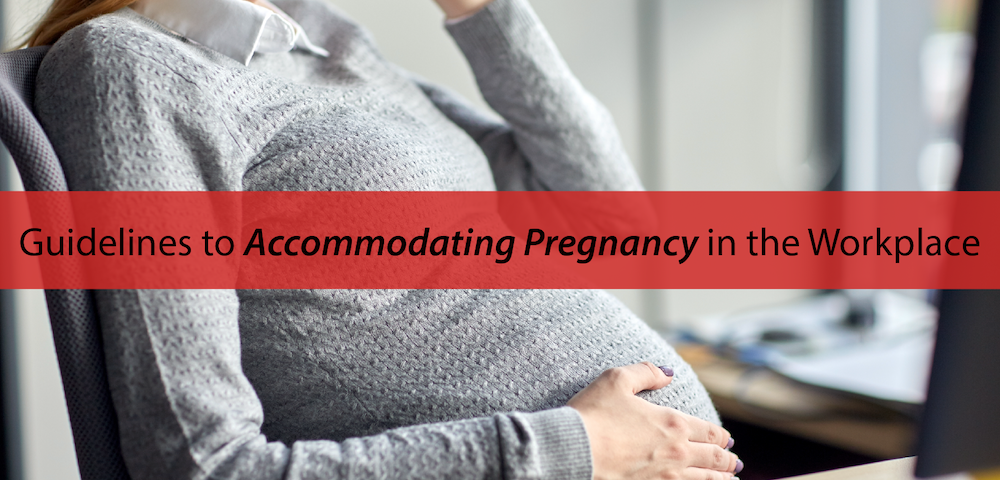
The New Normal in the Time of COVID
September 14, 2021
Civility in the Workplace
November 17, 2021“She’s having a baby” is exciting news but also presents some unique workplace challenges. Although small businesses may not be required to comply with laws that provide protection for pregnancy and childbirth, they may find it necessary to adopt some of these guidelines in order to hire and retain female employees.
The federal Pregnancy Discrimination Act (PDA) of 1978 prohibits discrimination in the workplace based on pregnancy, childbirth or related conditions. The PDA applies to businesses with 15 or more employees and to both applicants and employees.
The Louisiana Fair Employment Practices Act (FEPA) requires businesses with more than 25 employees to provide unpaid leave for up to six weeks for “normal” pregnancies and up to four months for more serious “disabling” pregnancies or complications of childbirth.
Companies with 50 or more employees within a 75-mile radius are required to comply with the federal Family and Medical Leave Act (FMLA) which allows up to 12 weeks of unpaid leave for medical needs including pregnancy and childbirth.
Employees may be required to take FEPA leave concurrently with FMLA leave. This means that the six weeks is part of the 12 weeks, not in addition to the 12 weeks. This requirement should be clearly stated in the company’s employee handbook.
· Acquiring or modifying equipment or devices necessary for performing essential job functions and/or modifying work schedules
A notice regarding these new obligations must be provided to anyone hired after August 1, 2021 and to all employees by December 1. The Louisiana Workforce Commission is expected to create and publish a model notice to be posted by covered employers in the workplace by Dec. 1, 2021.
From hiring the right employees, running background checks, creating employee handbooks that include anti-harassment policies and procedures, and so much more, Next Level Solutions can work with you to provide the services that you need to run your business.


